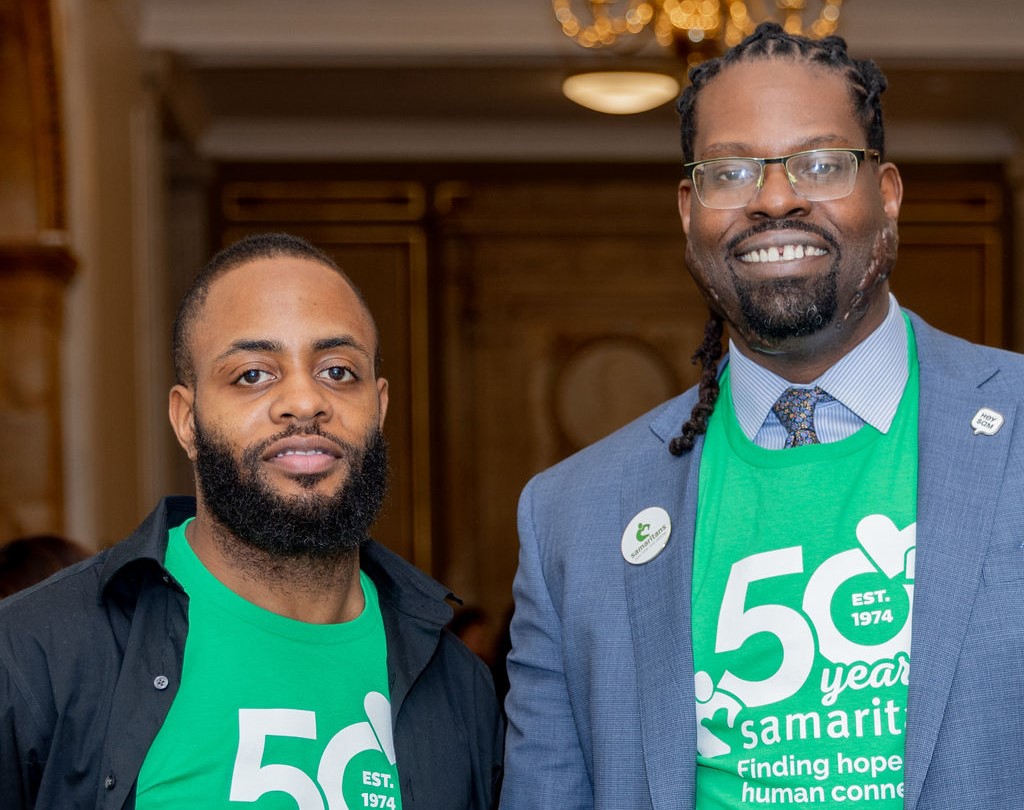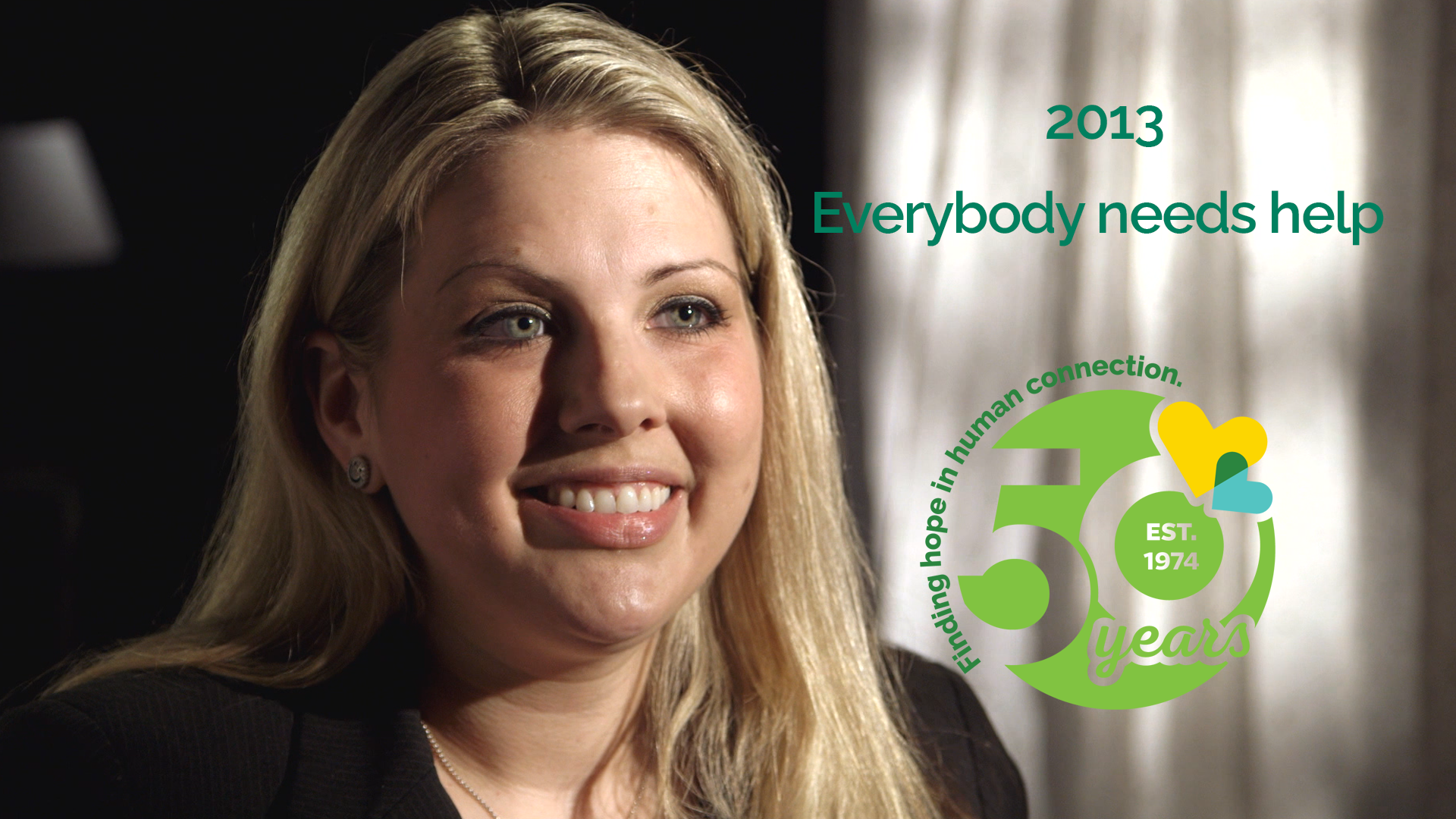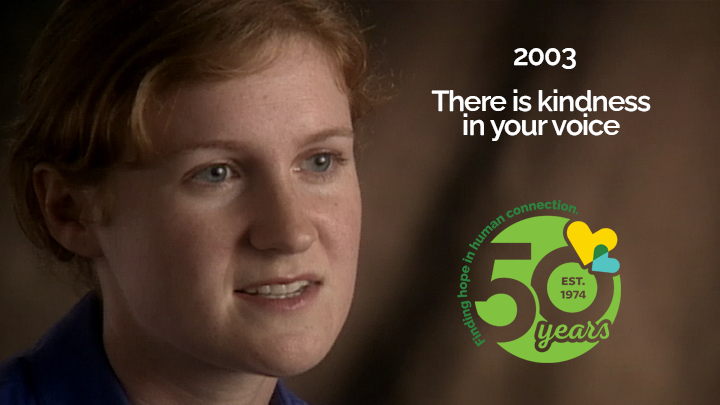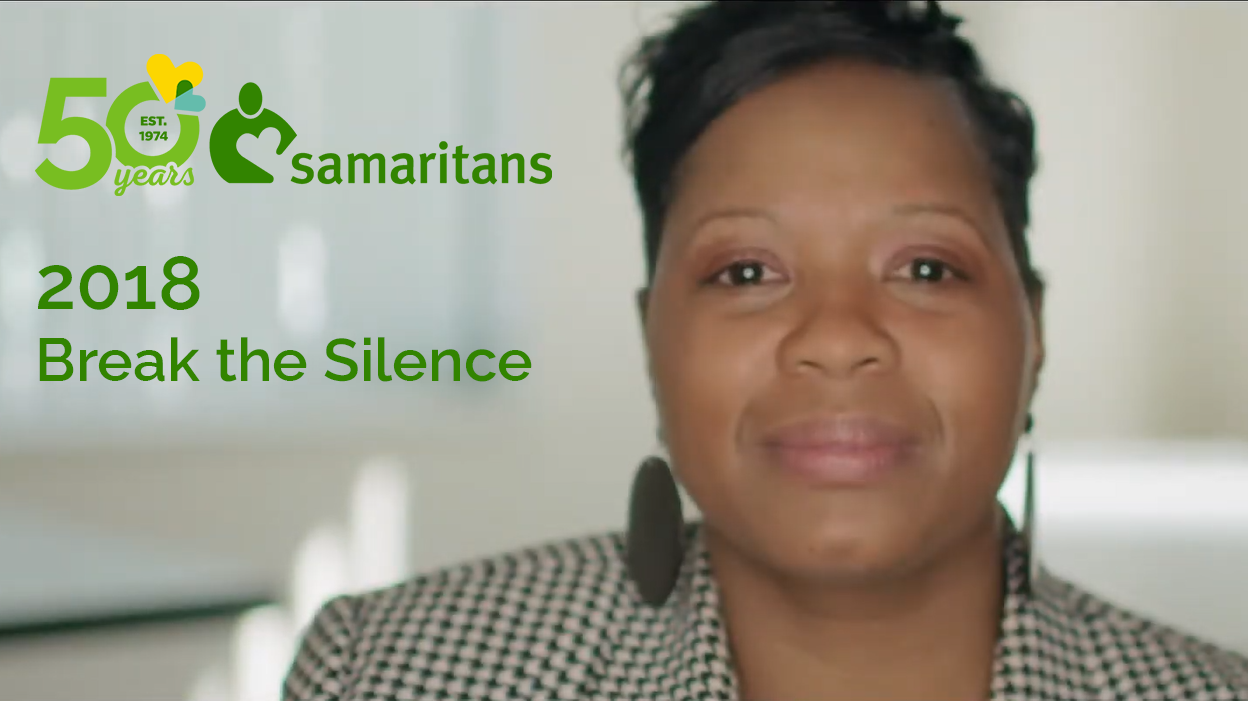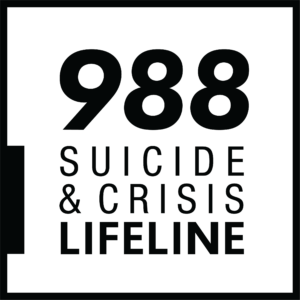
Samaritans’ After Suicide: Understanding Your Grief presentations are led by John R. (Jack) Jordan, Ph.D., a clinical psychologist and experienced grief therapist who has been working with survivors of suicide loss for more than 40 years. Below, Jack (pictured, left) elaborates on some of the themes covered at the presentation.
The loss of someone by suicide can be devastating. In its wake, suicide may leave what one suicide loss survivor calls “all the collateral damage.” Suicide loss survivors are left with so many “whys?” – why did they do this, why didn’t I see it coming, why didn’t I do more to stop them, why do people treat me differently now, why am I taking so long to “get over” this?
Besides this pervasive question of “why,” survivors may also struggle with powerful feelings of confusion, guilt, remorse, anger, abandonment, shame, fear of another suicide, depression, and sometimes their own feelings of wanting to be dead. The horror and violence of their loved one’s death may haunt survivors, leading to symptoms of Post-Traumatic Stress Disorder. As a result of the stigma that is still associated with suicide, survivors often have difficulty finding the social support and resources they need to reconstruct their lives. This makes the mourning process after a suicide more complicated than most other types of bereavement.
As a result, the journey for suicide loss survivors may be a slow and difficult one. Survivors have to meet many of challenges to rebuild their lives. They have to learn to make peace with the uncertainty and confusion about why their loved one ended their life. Survivors may have to learn new skills at managing the roller-coaster of strong emotions triggered by the death while finding a way to resume their functioning as a spouse, parent, employee, etc. They must give themselves permission to recover in their own way and at their own pace while dealing with the expectations of others to “move on” from the loss. In the longer term, survivors must find a way to honor and cultivate positive memories of their loved one.
Finding the right kinds of support from others, whether from family, friends, employers, and/or professional caregivers such as therapists, also presents new challenges. At Samaritans, we have learned that with courage, perseverance, and good social support, survivors can survive the loss of a loved one to suicide and rebuild their lives to restore meaning, happiness, and peace of mind. We provide several grief support services that may be of help to survivors, including SafePlace support groups, a Survivor to Survivor network, our Annual Memorial, and our educational workshops for the public. We invite you to find out more about these services and register to attend the upcoming presentation After Suicide: Understanding Your Grief by visiting https://samaritanshope.org/our-services/grief-support-services/.
